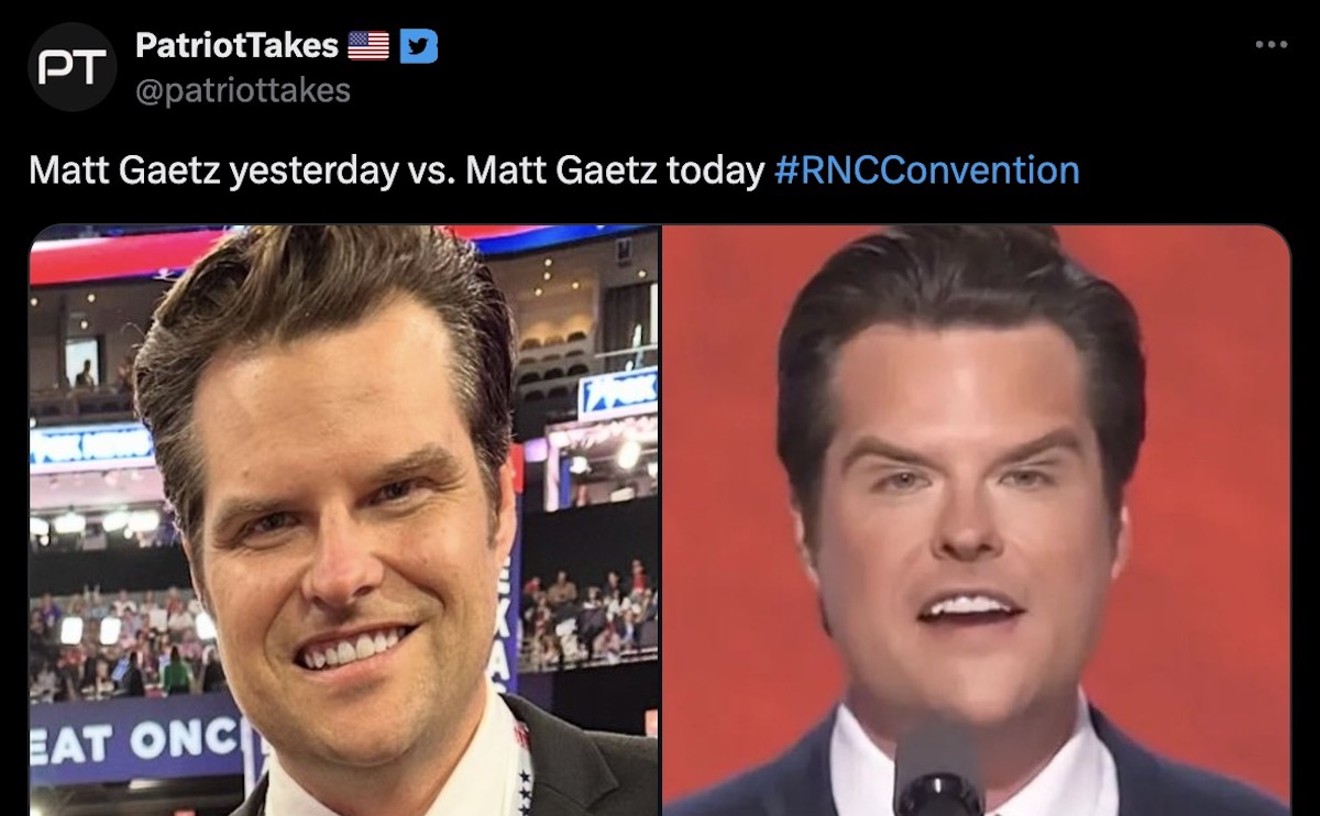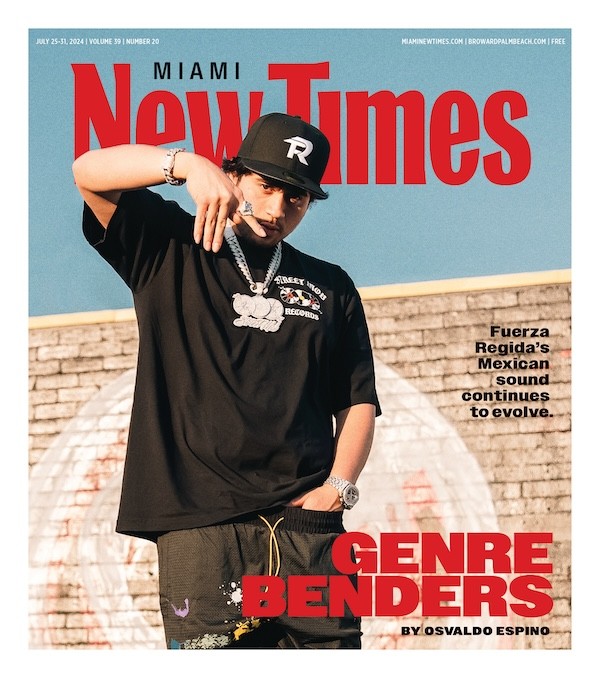So — in terms of pure numbers — Rubio was right on when he defended the Republican plan by noting that just "a small percentage of the overall population" would be affected by his party's mad rush to dismantle Obama's health-care plan.
Of course, a less literally minded person might note that 23 million Americans is still a hell of a lot of people. An even more specific critic might point out that Rubio's hometown — which has the highest number of Obamacare enrollees in the nation — will be even more devastatingly affected by the purge.
And then there's the question of what the nation will get in return for leaving so many people without ready access to a doctor. The answer, according to most budget experts, is a giant tax cut that will primarily benefit the wealthy — the same people who don't have to worry about health insurance in the first place.
But let's back up to give Rubio a fair shake on this particular health-care hot take. Rubio's defense of the American Health Care Act (AHCA) came in a video chat Wednesday, a day before the nonpartisan Congressional Budget Office laid out exactly how many Americans would be left without insurance under the plan.
Rubio insisted the plan wouldn't have much effect on Americans who receive health care through their employers.
"What we’re primarily focused on are two things: Medicaid and the individual marketplace," Rubio said, according to his own transcript. "That is a small percentage of the overall population, but it’s a significant number of people, millions of people."
Rubio went on to explain that he'd fight to make sure Florida wasn't penalized for refusing to expand
The CBO's analysis of the Republican plan, though, lays bare some serious problems with Rubio's line of argument. Given the current state of the bill, it's hard to see how the four million Floridians who rely on Medicaid won't be seriously adversely affected: The CBO says the AHCA would slash $884 billion from the program, which helps low-income Americans.
Likewise, the bill would hack away $276 billion from individual health insurance plans — potentially helping to kick Obamacare markets into the death spiral GOP politicos have been promising for years.
The effect of both those actions on Miami
That's far more than a "small percentage" of residents in South Florida, no matter how you slice the pie. And even on a national scale,
Yet the GOP's counterbalance to hacking away billions from Medicaid and Obamacare subsidies would be — quite simply — to fund gigantic tax cuts that would overwhelmingly help high-income Americans.
Perhaps Rubio genuinely believes that












